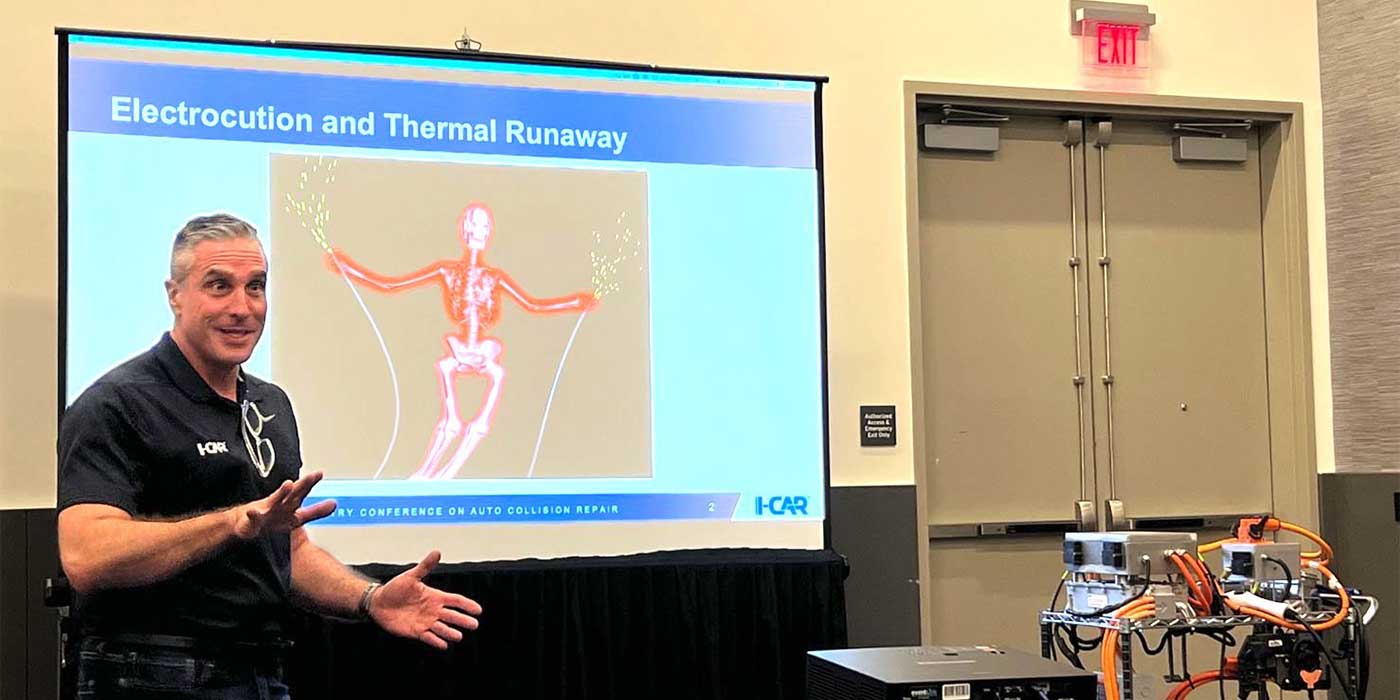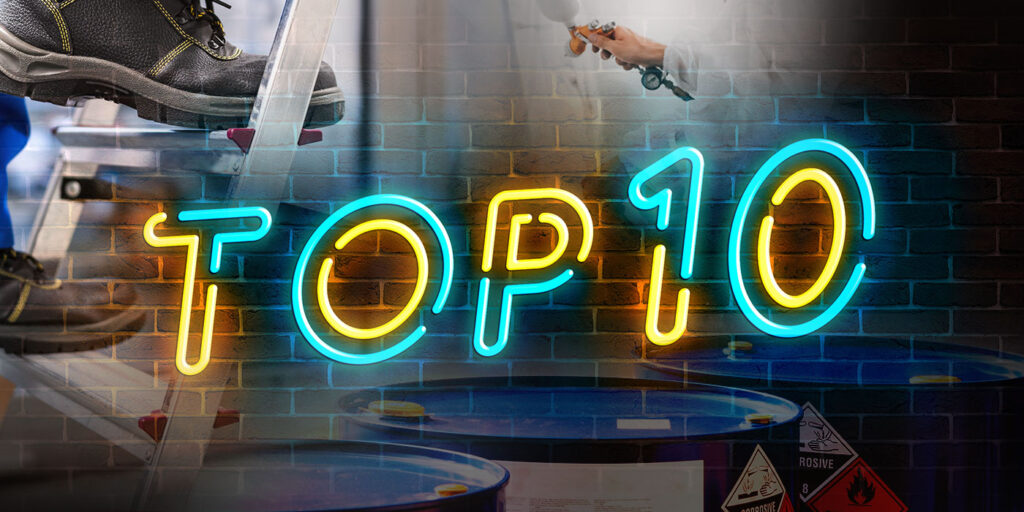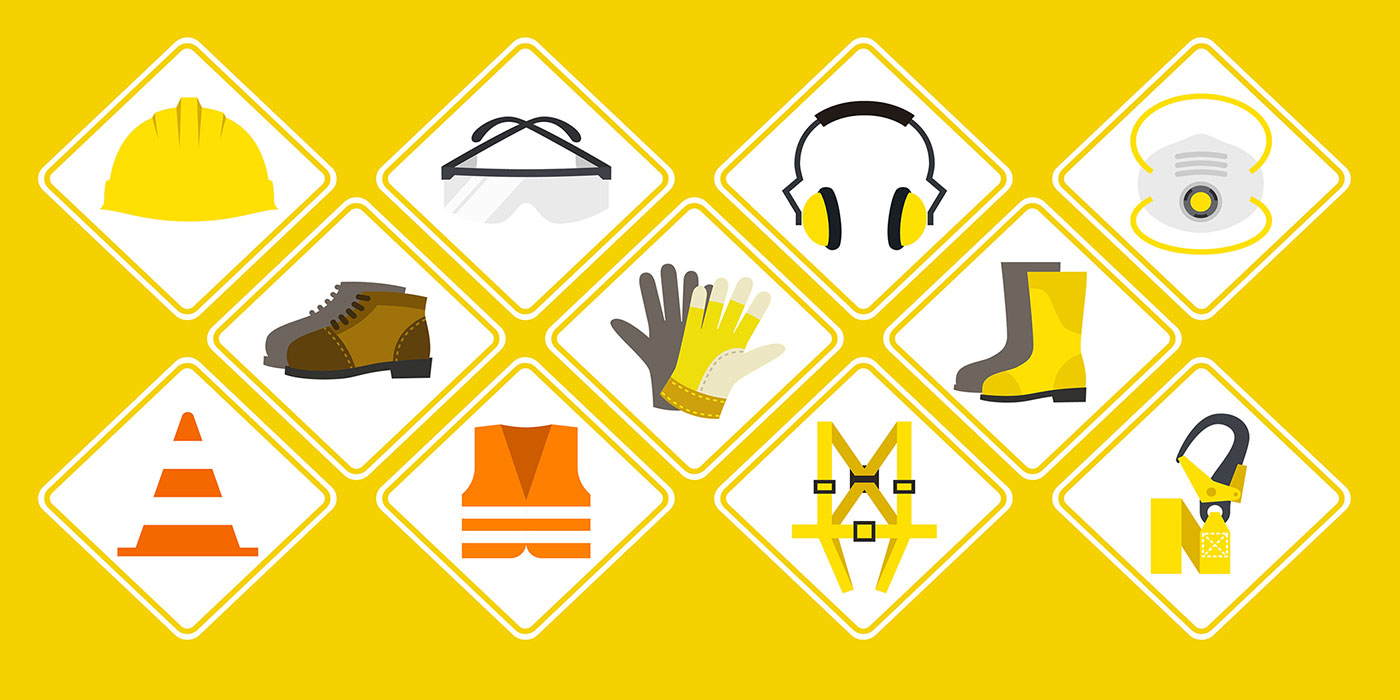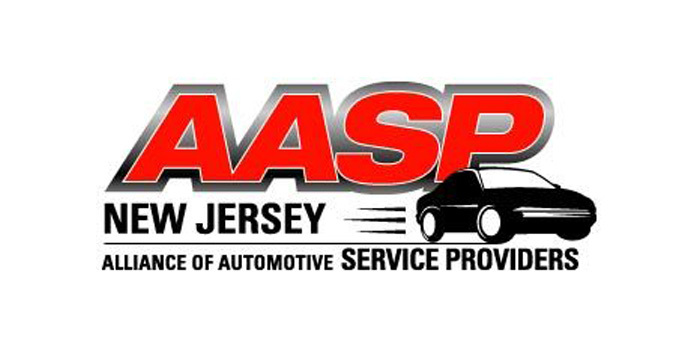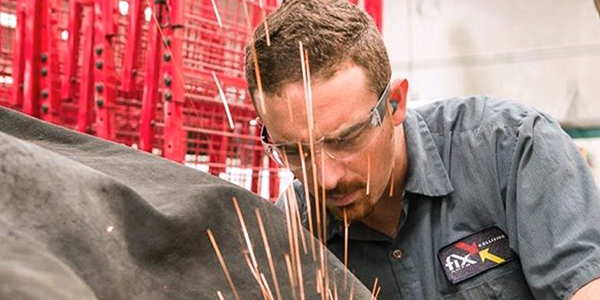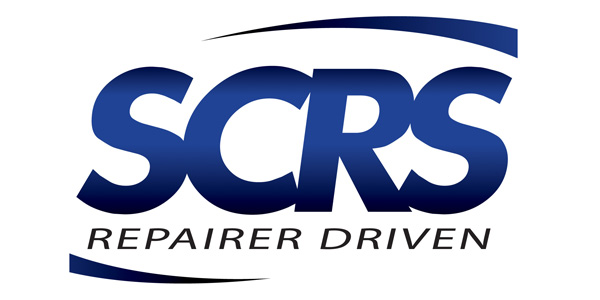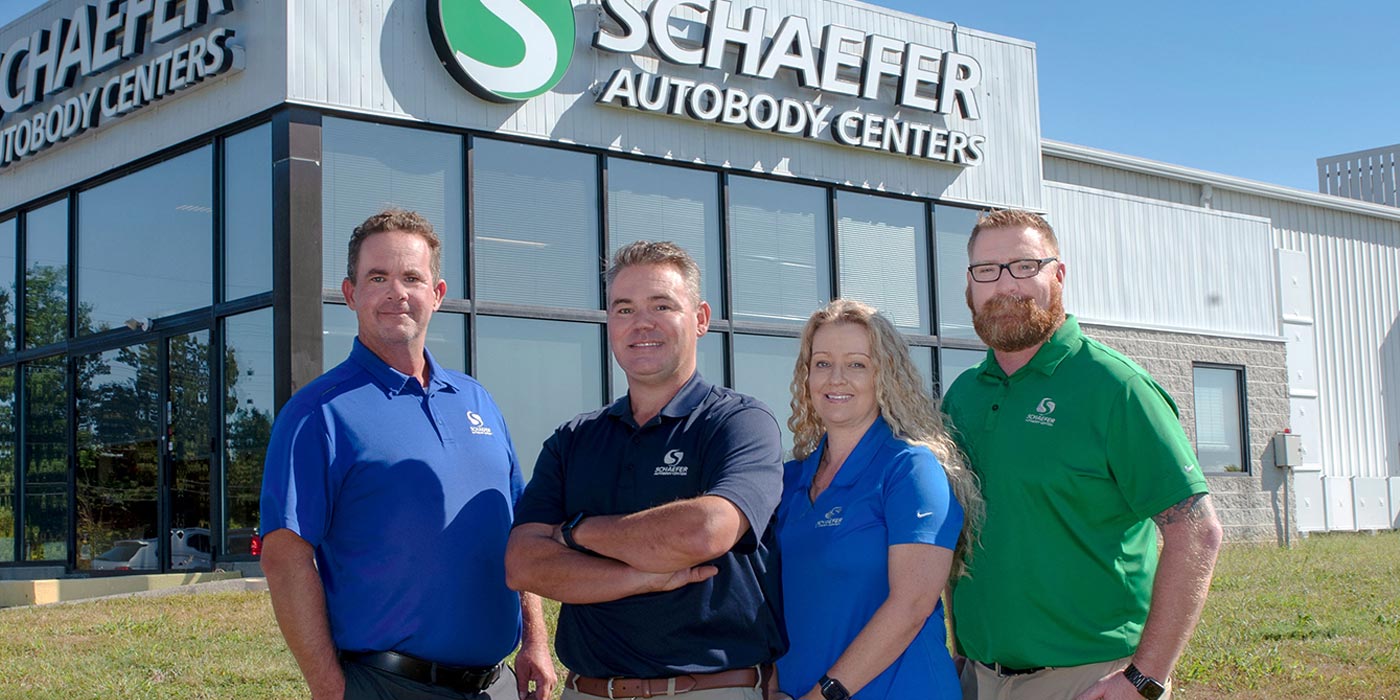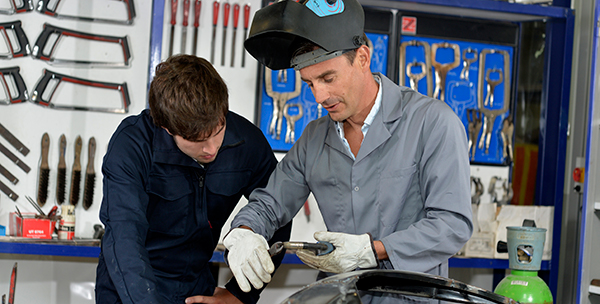
Training. It’s so important, especially when you consider that we repair metal car bodies that people end up driving 75 miles per hour down a highway. We should be reminded of that every time we hand the keys back to the vehicle owner and watch them load their two-year-old child in the backseat. And with all the changes in vehicle technology and substrates today, we can’t get enough training.
I think we all have to be humble and admit we don’t know what we don’t know. People’s lives and our reputation are depending on it. Yes, training is a significant expense, and vehicles are changing so fast, it’s hard to keep up. But what will be the cost if that vehicle fails in a subsequent accident because you didn’t follow the manufacturer’s recommendations?
At the Collision Industry Conference (CIC) this past July, organizers placed an empty chair at the front of the room to represent the consumer who should be represented at CIC. The consumer should have a voice at these meetings, but for obvious reasons they don’t. They should also be top of mind when you invest in training.
Training is like lean manufacturing that we’re all familiar with: it never ends. You should always strive to better yourself anyway. We know the perils of thinking we know everything. There is much more to learn. We owe it to our profession and the public.



